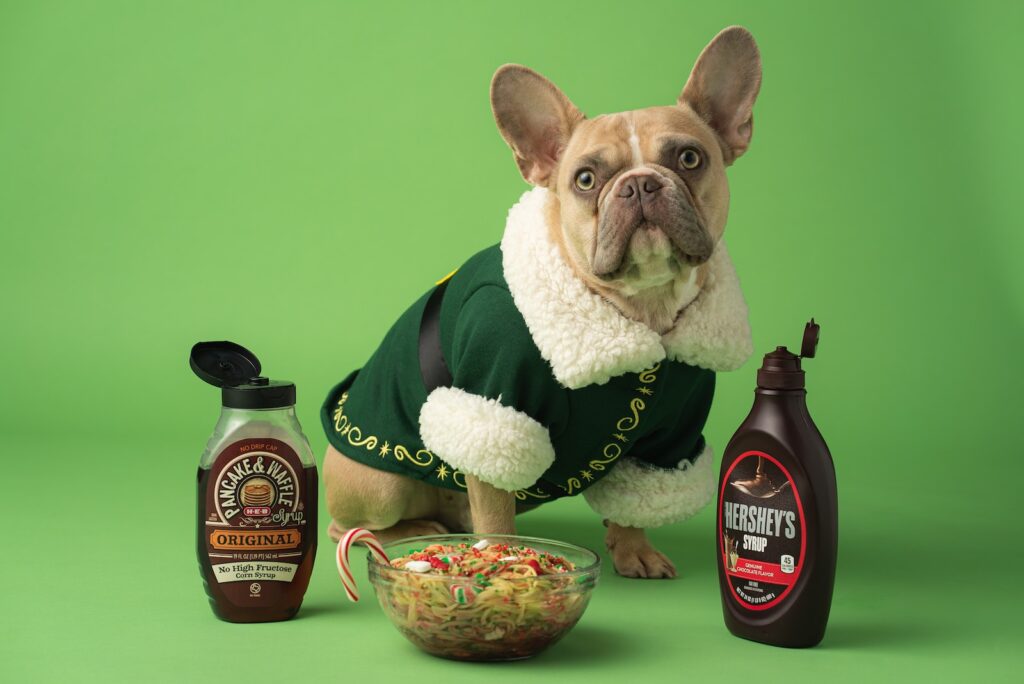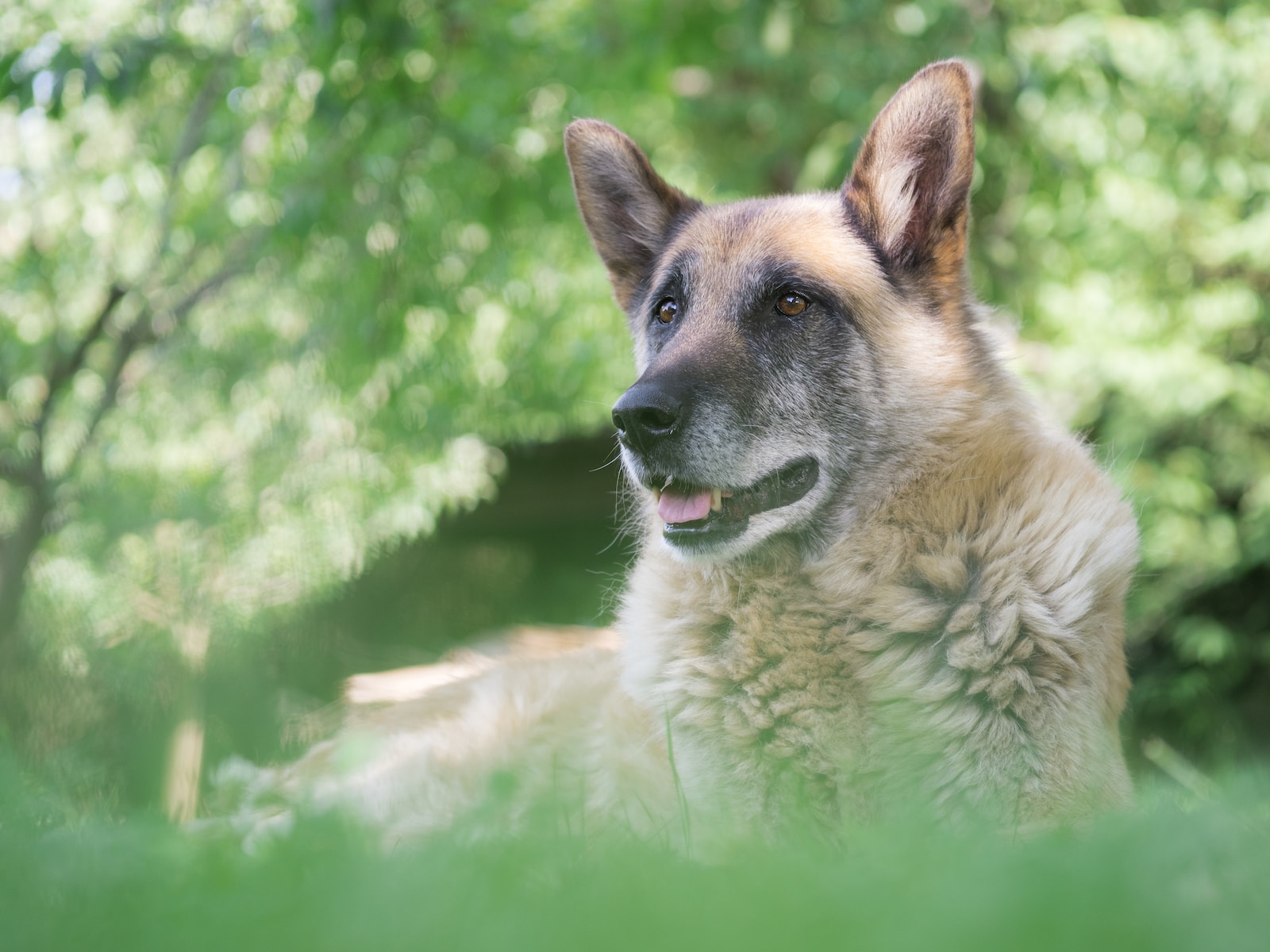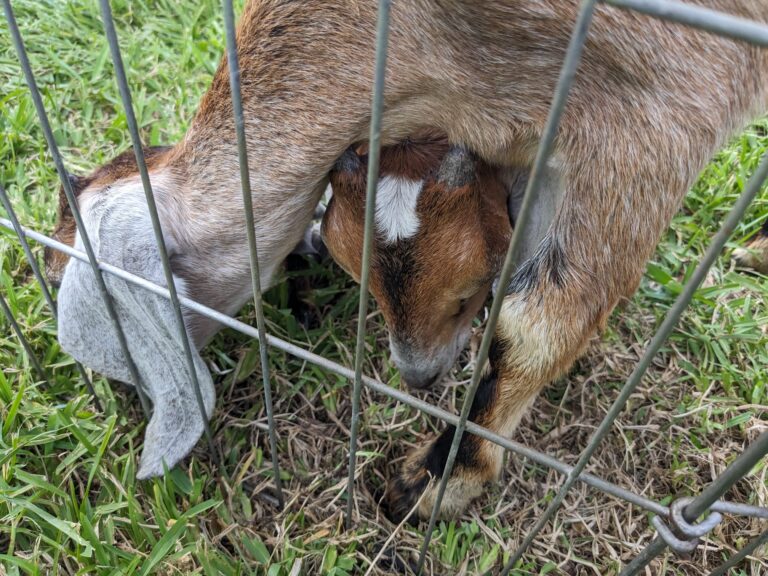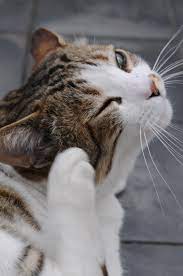How to Choose the Best Food for a Senior Pet with Special Needs?
As pet parents, our furry companions are not just animals but part of our family. We always want the best for them, especially when they age and face certain health challenges. Senior dogs and cats with special needs require specific dietary requirements to keep their health in good shape. With a market flooded with numerous food options, it can be challenging to decode what is healthy and suitable for your senior pet.
This blog post is going to provide useful insights into choosing the best food that caters to your senior animal’s unique needs, making mealtime enjoyable and promoting overall well-being. So buckle up as we dive deep into this topic!
What is the Difference Between Senior Pet Food and Regular Dog/Cat Food?
One of the most important factors to consider when choosing the best food for a senior pet with special needs is element composition. Senior pet foods typically have a higher protein and lower carbohydrate content than regular dog/cat foods, which is important because seniors have a harder time breaking down complex carbohydrates.
Additionally, they may also require additional vitamins and minerals due to their age or condition.
Another key difference between senior pet food and regular dog/cat food is the amount of Omega-6 fatty acids. Senior pets need less Omega-6 fatty acids than younger pets because they are more prone to developing heart disease, arthritis, and other chronic diseases. Therefore, senior pet foods typically have a lower ratio of Omega-6 to Omega-3 fatty acids.
It is important to choose a food that meets the specific needs of your senior pet. Consider their age, health history, and current dietary restrictions before making any decisions about what food to give them.”
Pets with Special Needs Need Specific Types of Foods
Feeding a pet with special needs can be complicated, but with a little bit of research, you can find the right foods for your furry friend. While some pets may be able to tolerate a wide variety of foods, others may have specific dietary needs that need to be taken into account.
If you’re not sure which type of diet your pet requires, here are three tips for choosing the best food for a senior pet with special needs:
The first step is to figure out what kind of animal your pet is. If it’s a dog or cat, you can assume that they will generally eat dry food. However, if your pet is a bird or small animal like a hamster or chinchilla, they will likely require diet based on their species’ nutritional requirements.
When it comes to feeding seniors pets who have special needs, it’s important to consider all possible factors – including age, weight and activity level. Older pets may need less nutritional energy than young ones and those that are sedentary may need more gradual introduction to new foods.
In addition to this general guideline however, we offer some helpful tips on our website such as starting slow by offering smaller meals more often throughout the day instead of one dramatic change in their diet.
Once you’ve determined what kind of food your pet will require, next it’s time to find out where that food comes from. More and more American families are buying products made from sustainable practices and this includes pet food.
Foods like those made from grain and corn, while still providing the nutrients essential to felines and canines, may not be ideal for birds or exotic pets. When looking for a sustainable option, consider labeling brands that indicate they are made with organic ingredients
When it comes to feeding pets with special needs, it’s important to do your research and find out what type of diet is best for them. As long as you follow a few general guidelines – including checking the ingredients – you’ll be on the right track.
How to Choose the Right Senior Cat/Pet Food
Heart disease is the number one cause of death in cats and dogs, according to the ASPCA. And since cats have a longer life span than dogs, they are more likely to experience heart problems. Senior pets are particularly at risk for heart problems, and you should be especially attentive to their diet if they have heart disease or other chronic conditions.
There’s no single right answer to this question of how to choose the best food for a senior pet with special needs, as factors like the pet’s weight and age, as well as their specific health concerns, will all play a role in what type of diet is best for them.
However, some general tips that may help includemaking sure your pet’s food contains enough animal protein and omega-3 fatty acids (which can support heart health), choosing a low-fat or low-sugar diet if your pet has diabetes or other metabolic disorders, and avoiding junk foods altogether if your pet has any chronic health issues.
When shopping for food for a senior pet with special needs, it’s also important to keep in mind that not all high-quality diets are designed specifically for seniors. In fact, many commercially available foods that are marketed as “senior” foods are actually just regular diet formulations tailored specifically for older animals – which can be very costly.
Instead, consider looking for diets developed specifically for older pets by veterinary nutritionists or experienced breeders – these diets tend to be more expensive up front but may ultimately be cheaper in the long run based on longer life spans.
Overview of Senior Dog/Cat Food Brands

There are a variety of senior dog food brands on the market, but which one is right for your pet? Some brands are designed for seniors with specific medical conditions, like MSDcli and Hill’s Science Diet.
Other brands, like Royal Canin and Blue Buffalo, cater to all age groups of dogs and cats. When choosing a specialized brand, make sure to read the ingredients list carefully. Some brands also offer special treats and chews that can be helpful for seniors with certain health issues or allergies.
Generally speaking, most pet food brands aim to provide balanced nutrition for all ages of animals. However, as pets grow older their metabolisms may change, so it’s important to consult your veterinarian if your senior companion exhibits any signs of malnutrition or illness.
Feeding Guidelines for Senior Pets with Special Needs
There are a number of different types of food that can be fed to senior pets with special needs. Here are some tips on choosing the best food for your pet:
The first thing to consider is what type of diet your pet requires. Some pets will benefit from a restricted diet, while others may require a more standard diet. When in doubt, ask your veterinarian or dog food manufacturer for help.
If the diet requires water supplementation, it is important to find a food that includes enough moisture. Senior pets often have difficulty drinking enough water, which can lead to dehydration and health problems. Look for foods that have been formulated with hydration in mind.
Another consideration when selecting an aging pet’s diet is protein levels and digestibility. Proteins are essential for good health and must be included in senior pet diets as prescribed by their veterinarians, regardless of the diet type chosen.
The lowest quality proteins tend to cause problems for older dogs and cats because they cannot properly process them – this can result in constipation, diarrhea, vomiting,weight gain or loss, and even chronic diseases such as renal failure or cancer. Choosing high-quality proteins (such as meat) ensures that these problems do not occur.
Finally, chose a food that your pet will enjoy. You want to make sure that the food is both palatable and healthy. Some good choices for senior pets include bland foods such as oatmeal or rice, high-quality wet and dry kibble, or canned dog foods.
Conclusion
Elderly pets can often have various dietary needs that should be taken into account when choosing food. Here are four tips to help choose the best food for a senior pet with special needs:
Some seniors may require extra vitamins and minerals in their diet, such as vitamin B12 or iron. Be sure to check the ingredients list of any senior food you consider purchasing to make sure it includes these important nutrients.
Seniors may also have lower stomach acid levels, which can cause problems with some types of foods. Try feeding your senior pet ground meat rather than whole meats, and seek out foods that are low in fat and high in protein.
Finally, seniors might experience problems with digesting certain types of carbohydrates like grains or sugars, so it is important to find breads and other carbohydrate-rich items that have been reformulated specifically for seniors.







